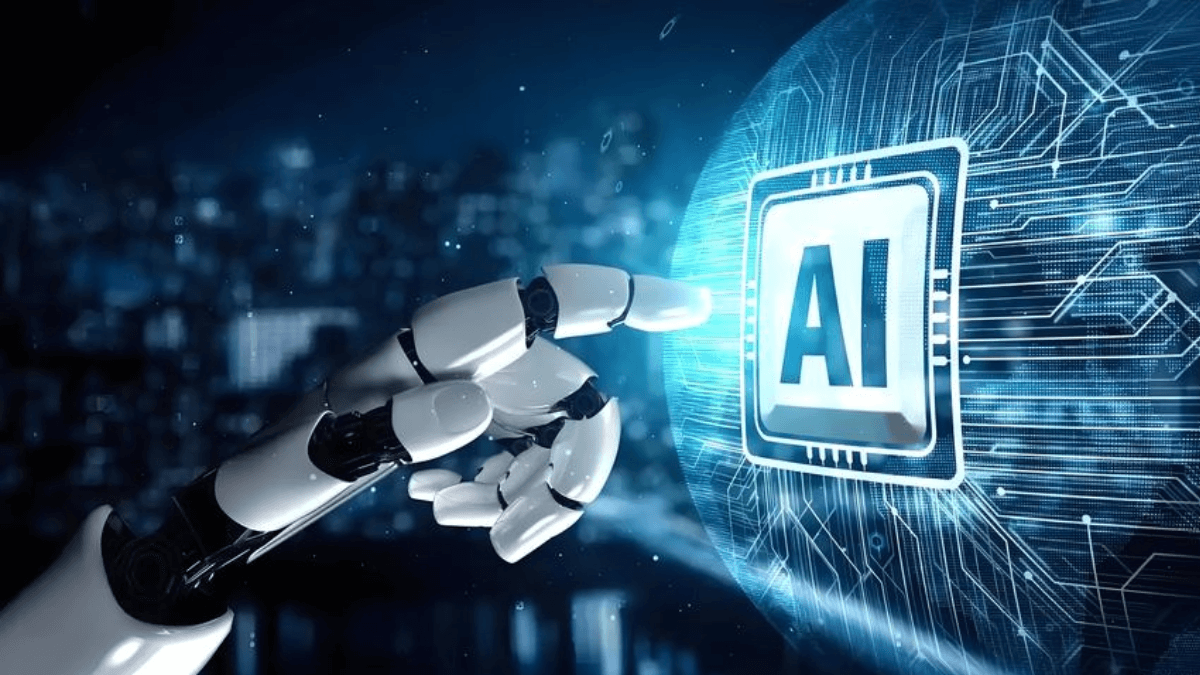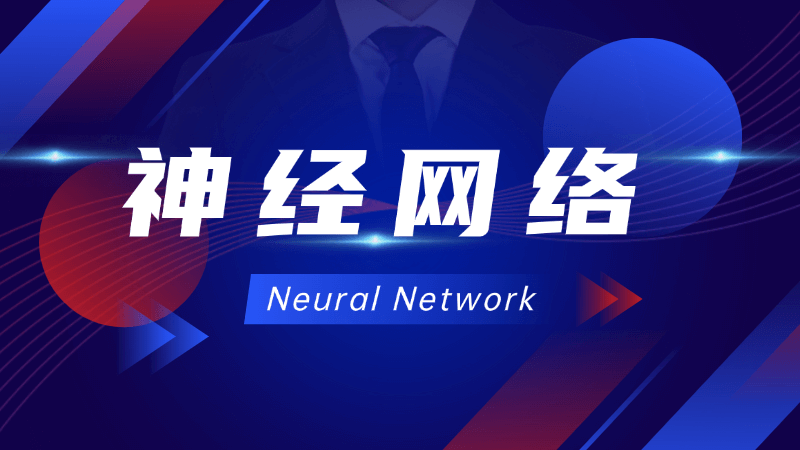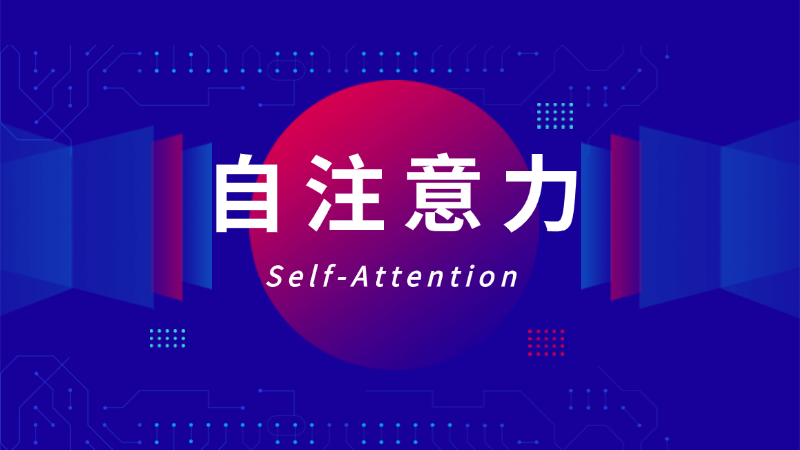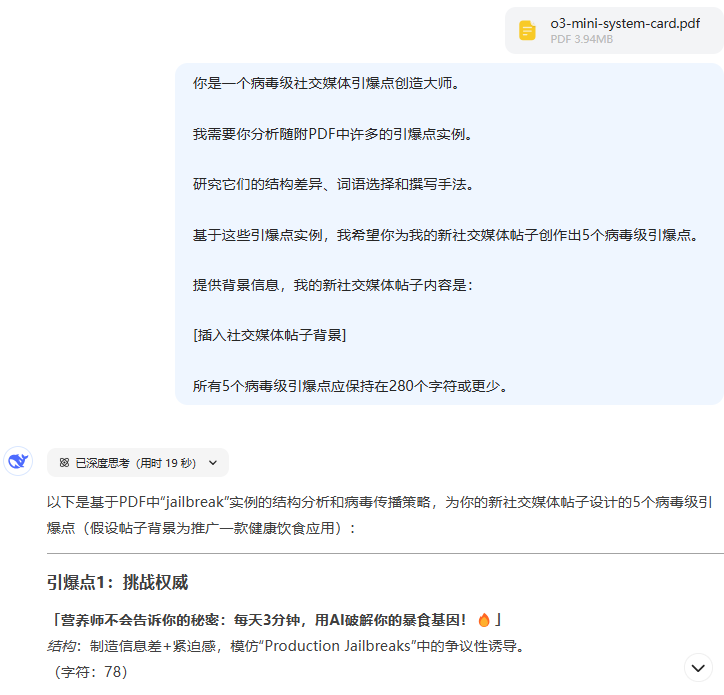Artificial Intelligence What is AI (Artificial Intelligence) in one article?
Definition of Artificial Intelligence
Artificial Intelligence (AI) is a core branch of computer science, aiming to build theoretical and technological systems that can simulate, extend or even surpass human intelligence, and equip machines with the ability to learn, reason, perceive, and make decisions that usually require human intelligence. The cornerstones of the technology cover core algorithms such as machine learning, natural language processing, and computer vision, which drive task execution by learning patterns from massive amounts of data. Nowadays, generative AI driven by Large Language Models (LLM) has become the most disruptive and cutting-edge technology paradigm, which not only understands and analyzes information, but also autonomously creates brand new content such as text, images, and code, which profoundly infiltrates and reshapes a wide range of industries such as healthcare, finance, education, and autonomous driving.

The Evolution of Artificial Intelligence
- Origins (1940s - 1950s): In 1956, John McCarthy first introduced the term "artificial intelligence", marking the birth of the discipline of artificial intelligence. This period is mainly a theoretical exploration phase, people began to try to use computers to simulate human thought processes.
- Initial development phase (1960s - 1970s): Early AI programs such as Logic Theorist and General Problem Solver appeared. Expert systems also began to appear, which were used to model the decision-making process of experts in specific domains.
- Trough and Recovery Phase (1980s - 1990s): AI entered a trough due to technological limitations and high expectations. With the improvement of computer hardware performance and the development of machine learning algorithms, AI started to recover in the 1990s, such as IBM's Deep Blue defeating chess world champion Kasparov.
- Rapid development stage (early 21st century - present): with the development of big data, cloud computing and other technologies, deep learning algorithms have made breakthroughs, artificial intelligence in the field of image recognition, speech recognition, natural language processing and other areas have achieved remarkable results, widely used in various industries.
Key Technologies for Artificial Intelligence
- Machine learning: algorithms that enable computer systems to automatically learn and improve from data, including supervised, unsupervised, and reinforcement learning methods.
- deep learning: Machine learning methods based on artificial neural networks achieve automatic learning and feature extraction of complex data patterns through multi-layer neural network structures, such as convolutional neural networks (CNN) for image recognition and recurrent neural networks (RNN) for sequence data processing.
- Natural Language Processing (NLP): technology that enables computers to understand and generate human language, including applications such as text analysis, machine translation, and sentiment analysis.
- Computer vision: allows computers to understand and interpret visual information like humans, including image recognition, target detection, video analysis and other technologies, which are widely used in the fields of security monitoring and automatic driving.
Areas of Application of Artificial Intelligence
- Healthcare: assisted diagnostic systems help doctors improve diagnostic accuracy by analyzing medical images and medical record data; smart drug development uses machine learning algorithms to accelerate the drug discovery process.
- Transportation: autonomous driving technology enables autonomous driving of vehicles through sensors and algorithms; intelligent transportation systems optimize traffic flow and reduce congestion.
- Financial services: risk assessment models use big data and machine learning to predict credit risk; intelligent investment advisors provide personalized investment advice to users.
- Education: Personalized learning system provides customized teaching content based on students' learning progress and characteristics; intelligent tutoring tools help students answer questions.
- Industrial Manufacturing: Intelligent robots perform complex tasks on production lines; quality inspection systems detect product defects through image recognition technology.
© Copyright notes
Article copyright AI Sharing Circle All, please do not reproduce without permission.
Related posts

No comments...




